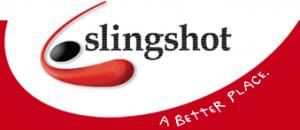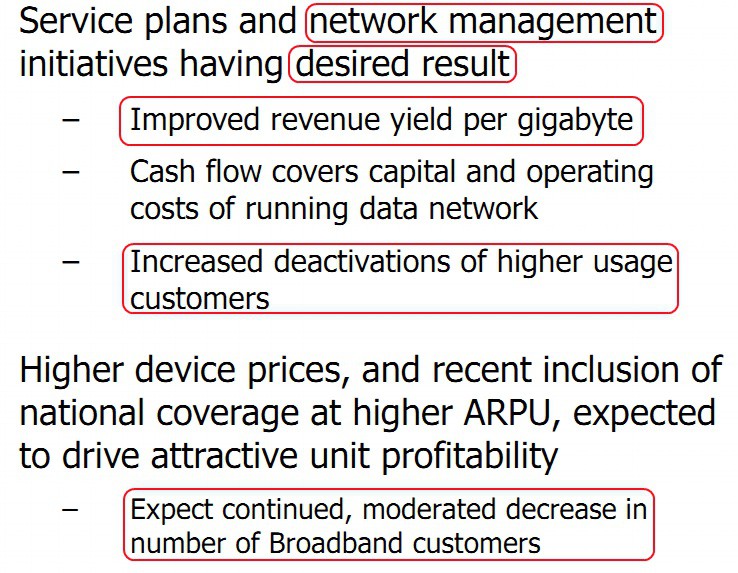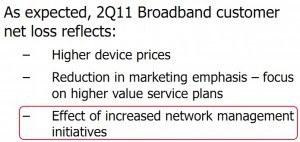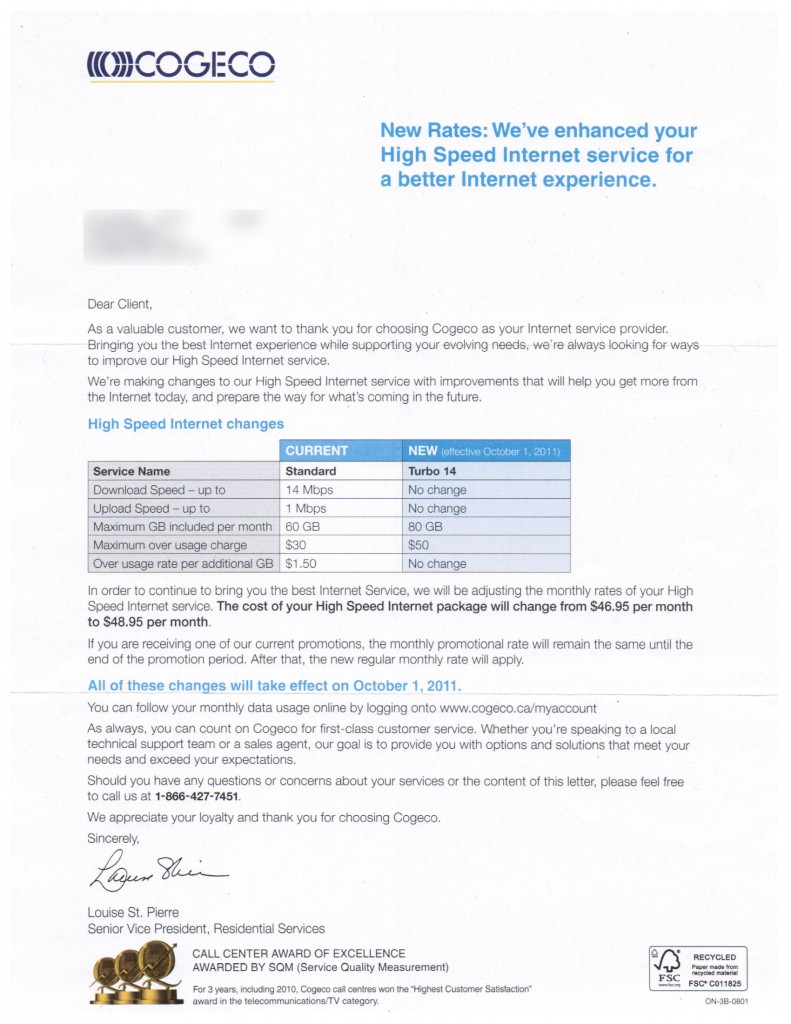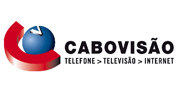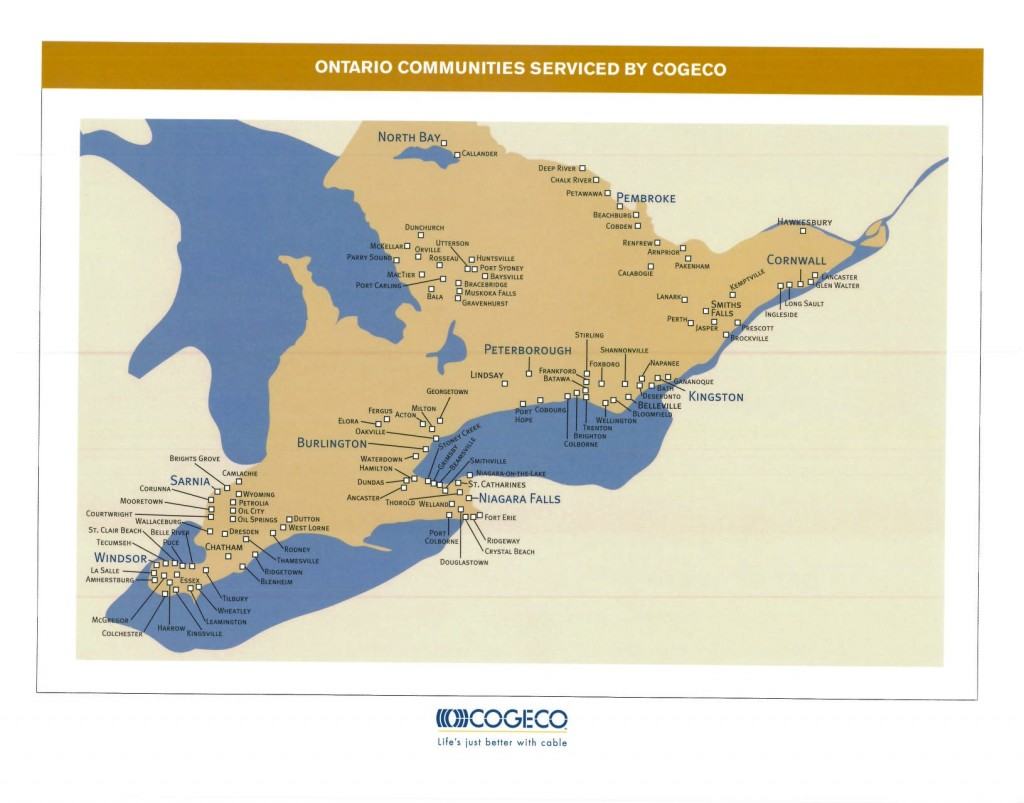 Lebanese consumers and businesses are fed up with Lebanon’s archaic Internet infrastructure and the usage limits that come with it.
Lebanese consumers and businesses are fed up with Lebanon’s archaic Internet infrastructure and the usage limits that come with it.
Now the country is waiting with anticipation as the government prepares to open up new bandwidth from a 3.84 terabit per second underseas cable that passes through the region, but has been left idle since last December.
Lebanon’s Internet is ranked among the slowest in the world, mostly thanks to an over-controlling state telecommunications authority that has priced broadband Internet access into the stratosphere. Most Lebanese cannot afford the ridiculously slow and expensive “top speed” DSL connections offered by the country’s phone company, offering “up to 2Mbps” speeds for $200US per month. Instead, most lower income households still use dial-up access, while Lebanon’s middle class settles for 256kbps DSL that still runs a ridiculous $25 a month.
But the 60 percent of the country choosing 256kbps Internet finds even those speeds less than useful when considering they come with a usage allowance of a paltry 3GB per month. Going over that limit delivers an expensive lesson. Excess usage is billed at $17 per gigabyte.
Lebanon’s Ministry of Communications, who made the announcement of the forthcoming access improvements, didn’t impress many consumers with word they would “double or triple” the usage cap to celebrate forthcoming speed increases.
“It [is] like entering [the knowledge economy] through a small window,” said Diana Bou Ghanem, head of the the ministry’s ICT office.
Even with the forthcoming improvements, government controls have kept Lebanon’s Internet in the dark ages. Broadband statistics reveal war-torn Afghanistan and Iraq enjoy faster broadband than Lebanon, and some of the world’s poorest countries like Zambia and Tanzania enjoy speeds twice as fast as those found in downtown Beirut.
Lebanon’s Daily Star newspaper covered the broadband debacle with some alarming reporting suggesting some of the government’s key officials on telecommunications barely grasp telecommunications networks, policies, and practical realities.
For example, former Telecom Minister Charbel Nahhas, a major booster of Lebanon’s forthcoming foray into 3G wireless broadband, seems to believe such networks will deliver up to 20Mbps to Lebanese cell phone users.
Nahhas considers 3G cutting edge for Lebanon, even as the rest of the world prepares to retire it for faster 4G wireless networks.
Telecom Minister Adviser Antoine Boustani seems to think broadband is a tangible resource that can be exported like oil, gas, or electricity.
“We will have an overflow of capacity with [the new underseas cable],” Boustani told the newspaper. “We could even distribute the excess to other countries.”
The Lebanese government and state run phone company — Ogero — have even been willing to celebrate broadband achievements both have regularly failed to meet:
Ogero had planned to host a huge party announcing the [underseas] cable last December, under the auspices of then Prime Minister Saad Hariri. According to sources close to the affair, it was to feature a seated dinner for some 500 persons at the prestigious Pavillion Biel, prime time live television coverage and even Lebanese Opera singer Hiba Kawas, who was commissioned to write a song for the event, performed with a full orchestra. Despite the fact that the Lebanese leadership failed to deliver broadband to its citizens for the past decade, some 10 trophies were to be crafted by the Lebanese sculptor Rudy Rahme and distributed to various officials.
But all this was cancelled when then Telecoms Minister Nahhas received an invitation and challenged Ogero’s role in managing the [underseas] cable and the prime minister’s patronage of it.
Lebanon is following developments elsewhere in the region where broadband usage limits are becoming a thing of the past. When a cartel of Kuwaiti ISP’s threatened to introduce new usage caps in unison, a full-scale consumer revolt forced the government to ban usage caps in the country.
“The Internet has become a cornerstone in development, economy and everyday life in Kuwait,” the country’s telecoms minister, Salem al-Uthayna, said last month in explaining the decision to abolish caps.
Most observers place the blame for Lebanon’s snail-like broadband development at the feet of the government and the state-run phone company, which has blocked efforts to radically change broadband in the country.
Critics accuse both the government and phone company of fearing major market changes, preferring incremental development over a full-scale broadband revolution. But not everyone is a critic.
“It’s better to look for solutions – play it in a positive way,” said Abu Ghanem, who has worked at the ministry for 15 years. “I don’t want to blame anyone. Just let us work and let us deliver.”
One member of the private sector trying to put Lebanon’s bottom-rated broadband in a different context suggested citizens look on the bright side.
“OK, we are last in Internet [speed] but we are better at other things,” the source added. “Look at the price of real estate in Beirut.”


 Subscribe
Subscribe



